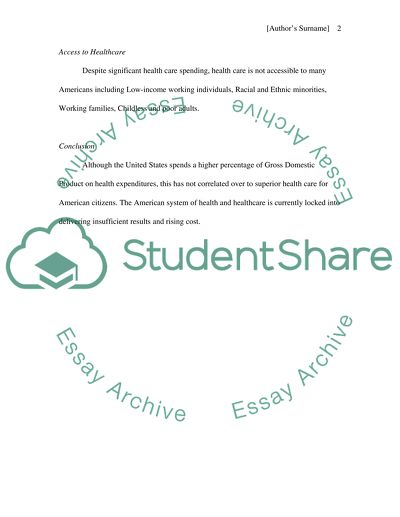Cite this document
(“Health system Research Paper Example | Topics and Well Written Essays - 1500 words”, n.d.)
Retrieved from https://studentshare.org/health-sciences-medicine/1416615-health-system
Retrieved from https://studentshare.org/health-sciences-medicine/1416615-health-system
(Health System Research Paper Example | Topics and Well Written Essays - 1500 Words)
https://studentshare.org/health-sciences-medicine/1416615-health-system.
https://studentshare.org/health-sciences-medicine/1416615-health-system.
“Health System Research Paper Example | Topics and Well Written Essays - 1500 Words”, n.d. https://studentshare.org/health-sciences-medicine/1416615-health-system.


